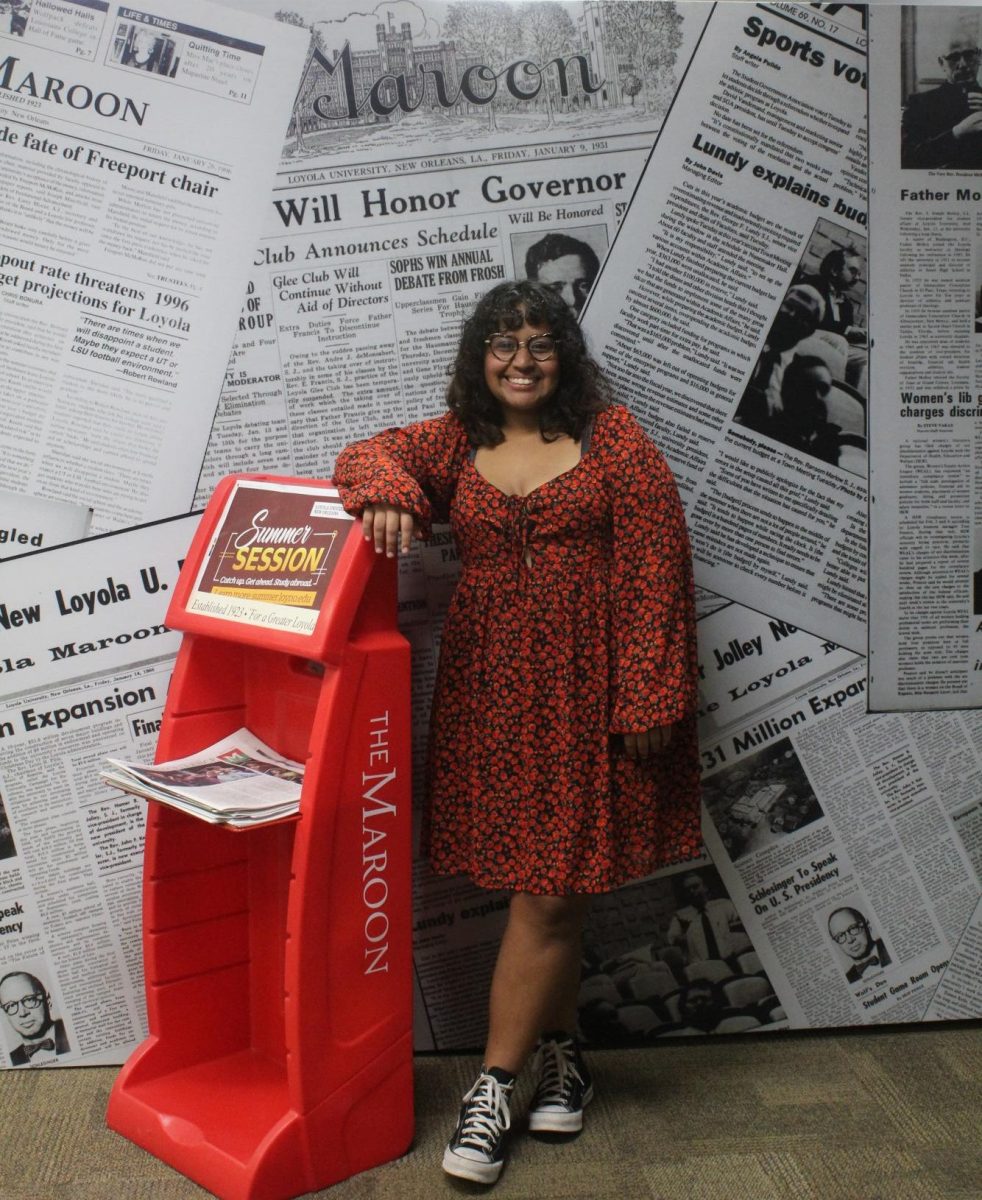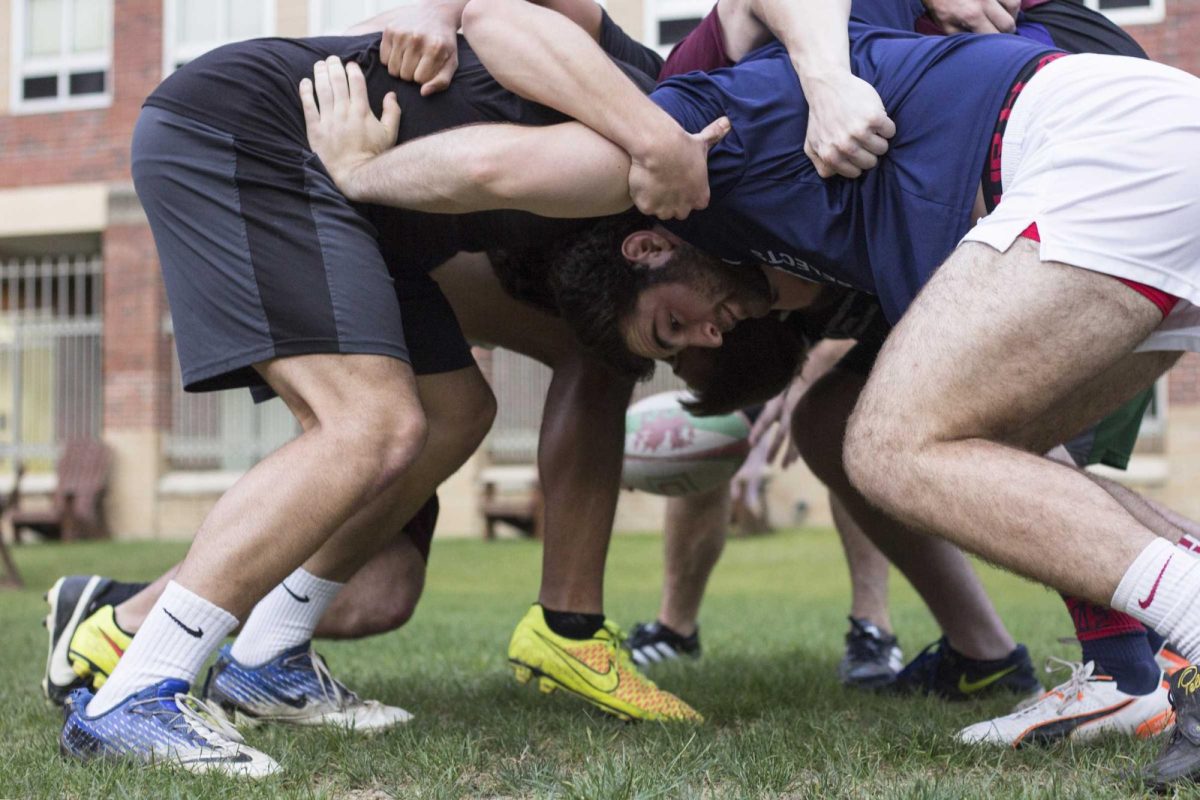It has been an eventful few years for gay marriage. Marriage equality is now passed in fifteen states and there are more making serious progress. Moreover, the Defense of Marriage Act was repealed in the Supreme Court, making it possible for same sex partners to receive federal benefits. Looks like the LGBTQ, that is lesbian, gay, bisexual, trans* and queer community, has almost reached equality, right? Unfortunately we still have a long way to go.
There are numerous issues within the LGBTQ community that seem to be pushed aside or forgotten. Therefore, the fight for equality means we have to push harder to educate ourselves.
One of the pressing issues the LGBTQ community faces is a lack of anti-discrimination laws in certain states. The Human Rights Campaign reports that only 16 states have full protection for their LGBTQ employees in both the private and public sector. Legislation does not have equal employment protection laws for LGBTQ people. Therefore, people not in the 16 states can be fired at any time for being LGBTQ.
Another serious issue is LGBTQ teen homelessness and suicide. Due to rejection from families and communities, The Trevor Project reports that LGBTQ teens often resort to ending their lives. The Trevor Project has also found that 30 to 40 percent of LGBTQ students do attempt suicide, and LGBTQ teens are more likely to drop out of school and run away from home due to rejection from their families and their communities. The Trevor Project further reports that these teens run away, they are then more likely to participate in sex work and get involved with drug use.
Also, the T in LGBTQ is almost always pushed aside. Trans* stands for anyone who does not conform to the biological sex they were born with. This includes transgenders, transsexuals, and gender queer people. Trans* individuals are regularly denied basic rights such as housing, education and employment. According to the Human Rights Campaign, 90 percent of trans* individuals have experienced employment discrimination or hid to avoid penalties to their jobs. Their right to health care is also a challenge seeing that many trans* people have been harassed in the doctors often and are denied medical attention due to their gender identity. Moreover, trans* people are more likely to be harassed and even attacked, but unfortunately have not felt they could go to the authorities. 22 percent of trans* people who have interacted with police have been mistreated also according to the Human Rights Campaign.
Both policy and society deny LGBTQ individuals. Bisexuals deal with serious stigma and are often seen as “not real.” Lesbians deal with oversexualization due to the pornography community and, therefore, often get sexually harassed by men. According to the National Center for Transgender Equality,
people who do not align with gender norms regularly get harassed or isolated.
It feels comfortable to support gay marriage because it is appealing to a heteronormative society that gay people would want to assimilate to what is seen as normal. The fact of the matter is not every LGBTQ person is like that and does not want to change to make society feel comfortable. The LGBTQ community is full of people who seem different and want to be able to feel like they can be themselves. Being a good ally to the entire community, no matter how you define yourself, means fighting for everyone’s rights. Equality is not reached with gay marriage. It has only just begun.
Bridget O’Connor is a sociology sophomore and can be reached at bdoconno@loyno.edu
In My Opinion is a regular column open to all Loyola students. Those interested can contact letter@loyno.edu












